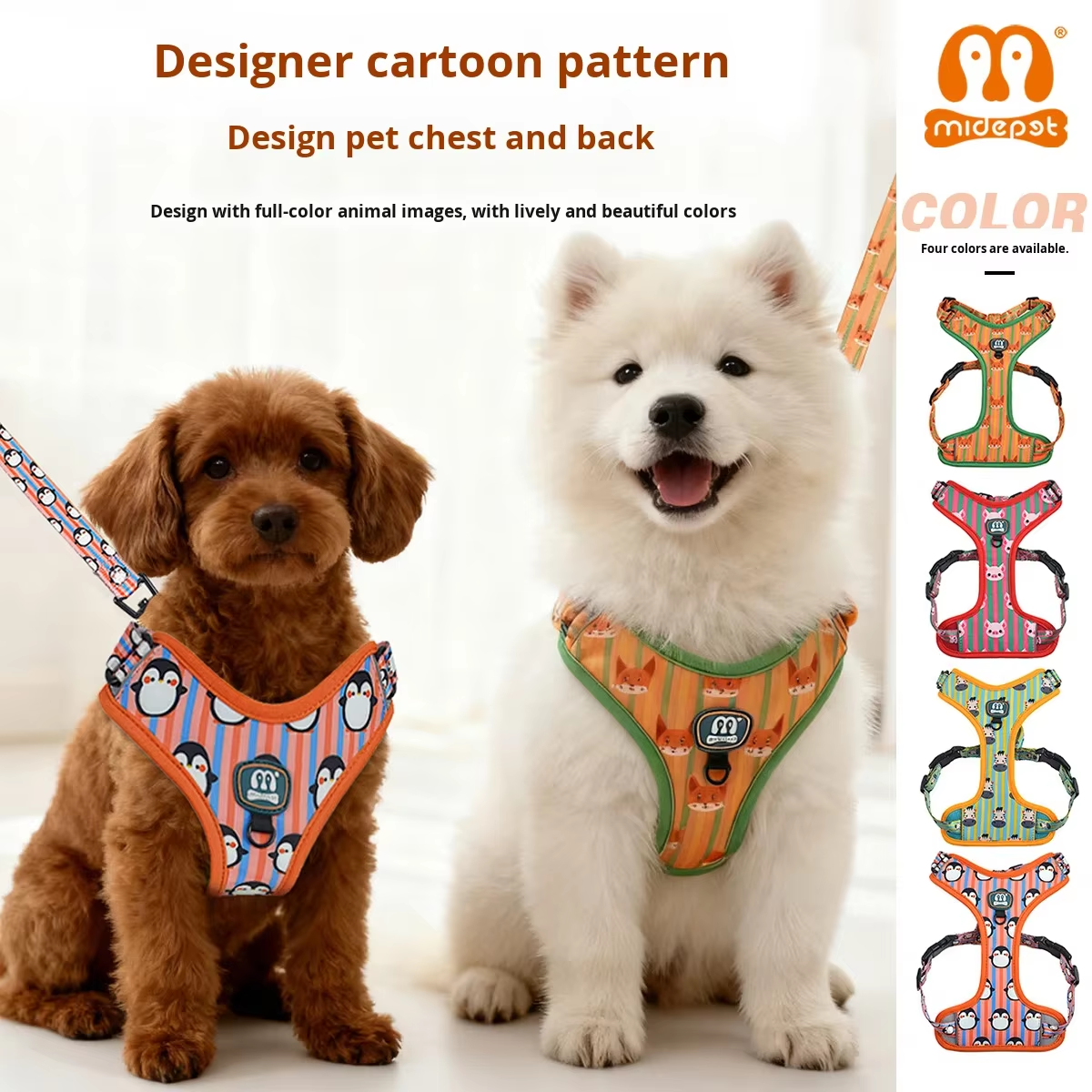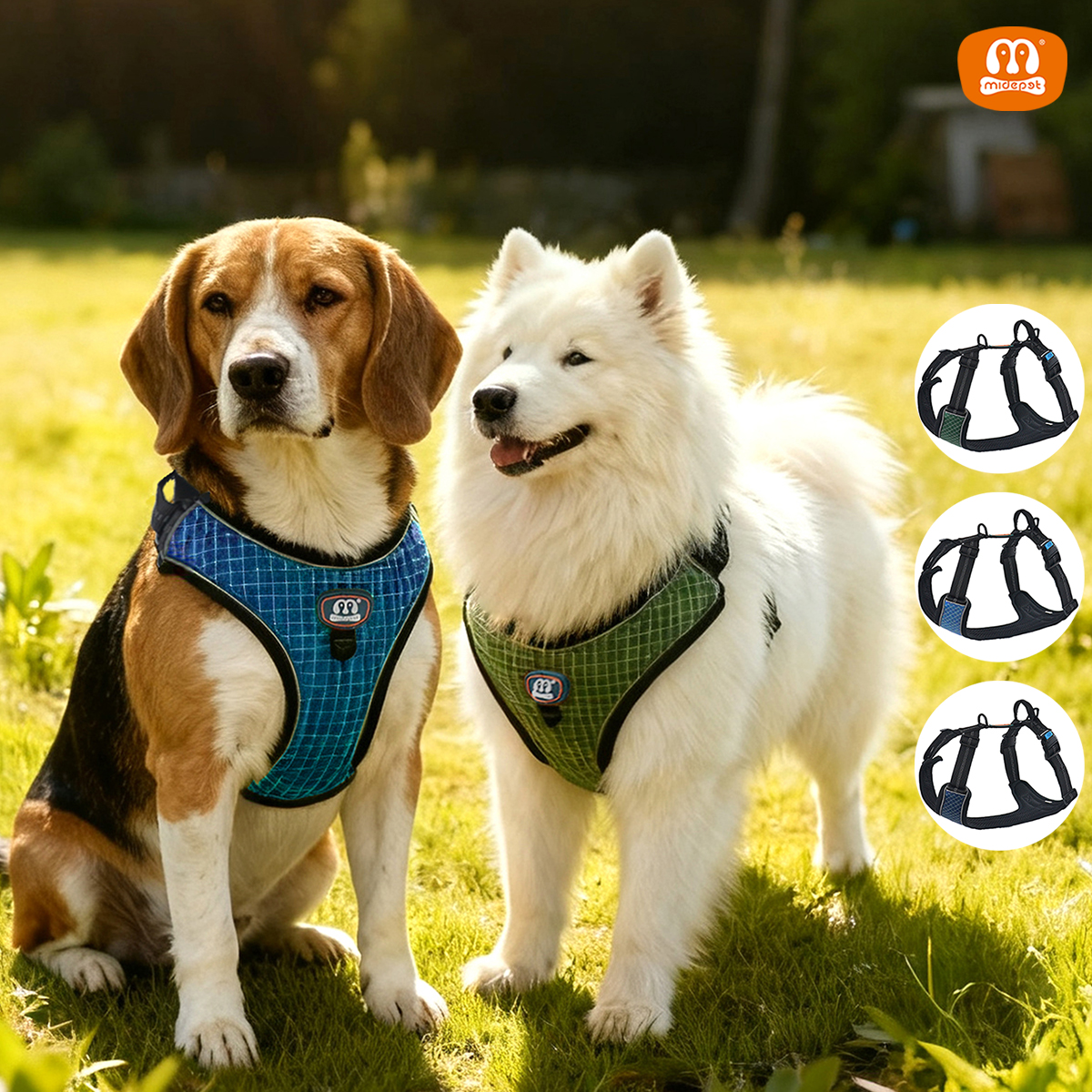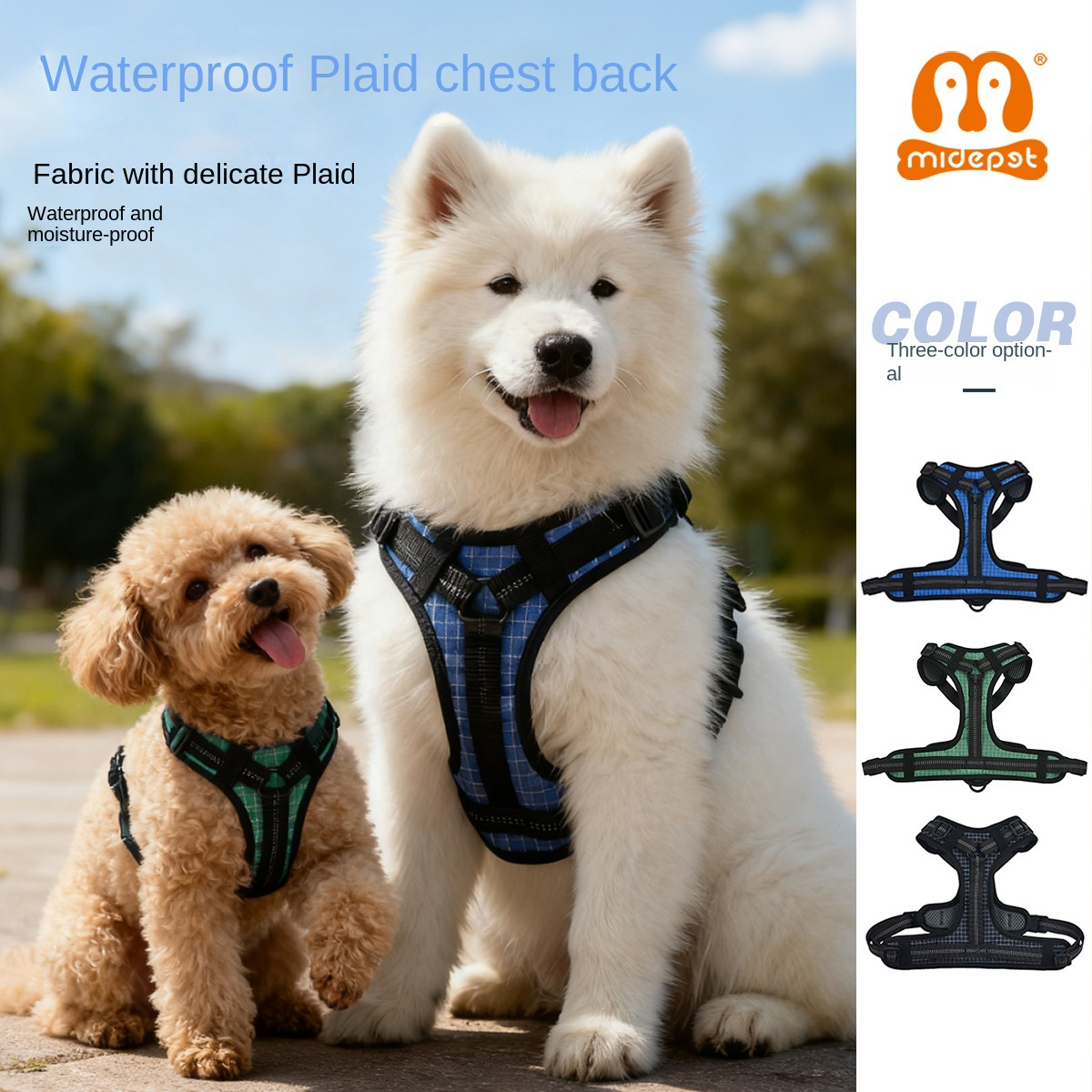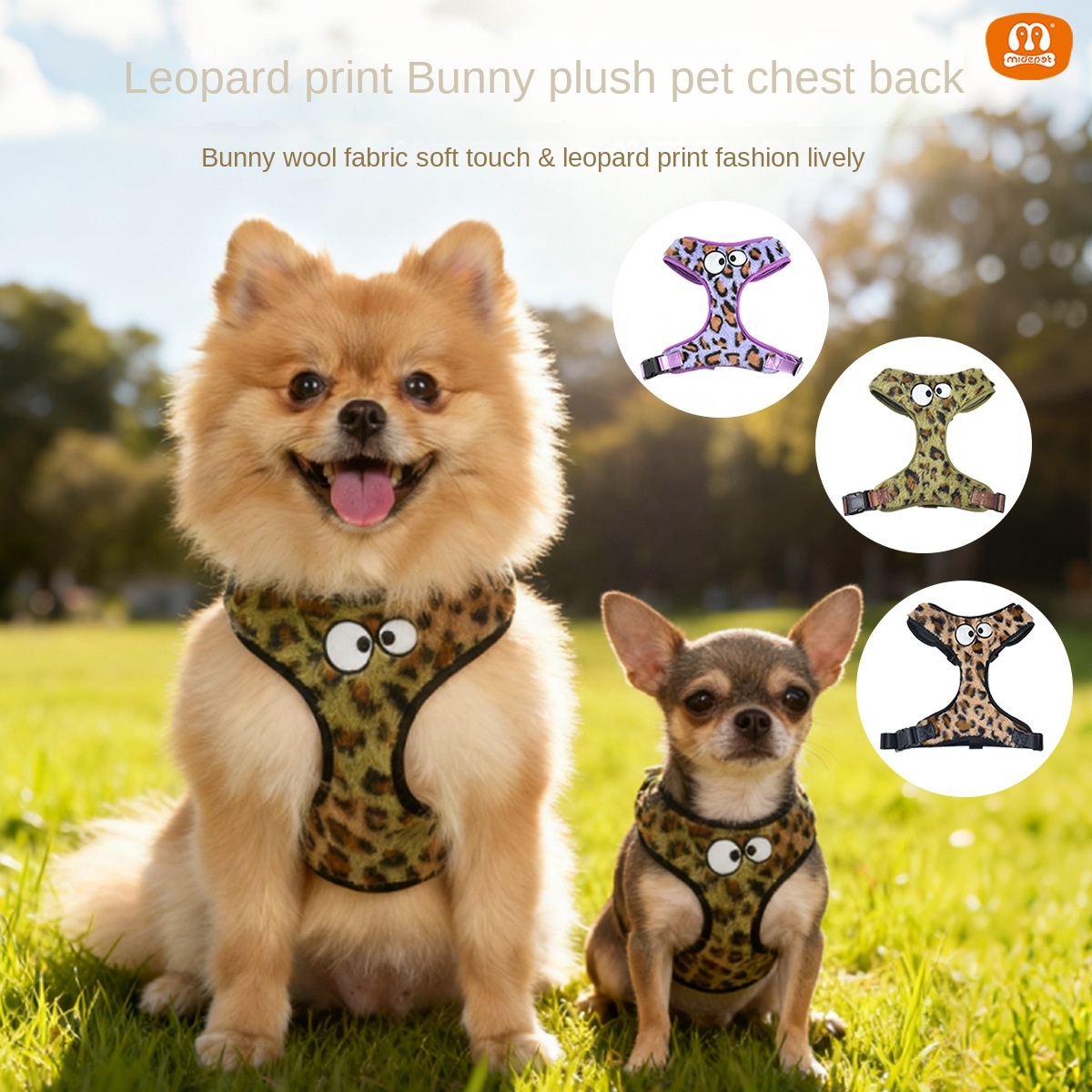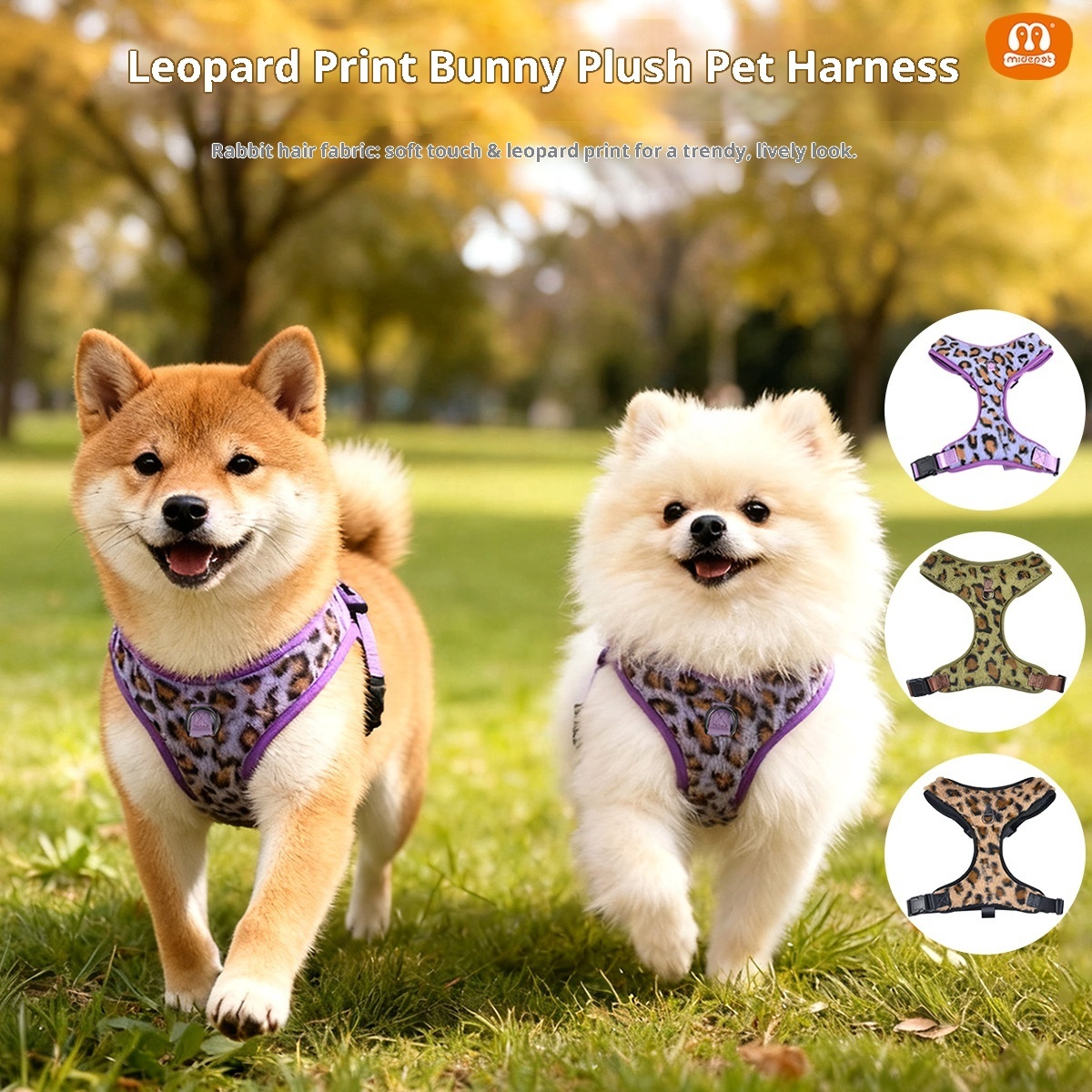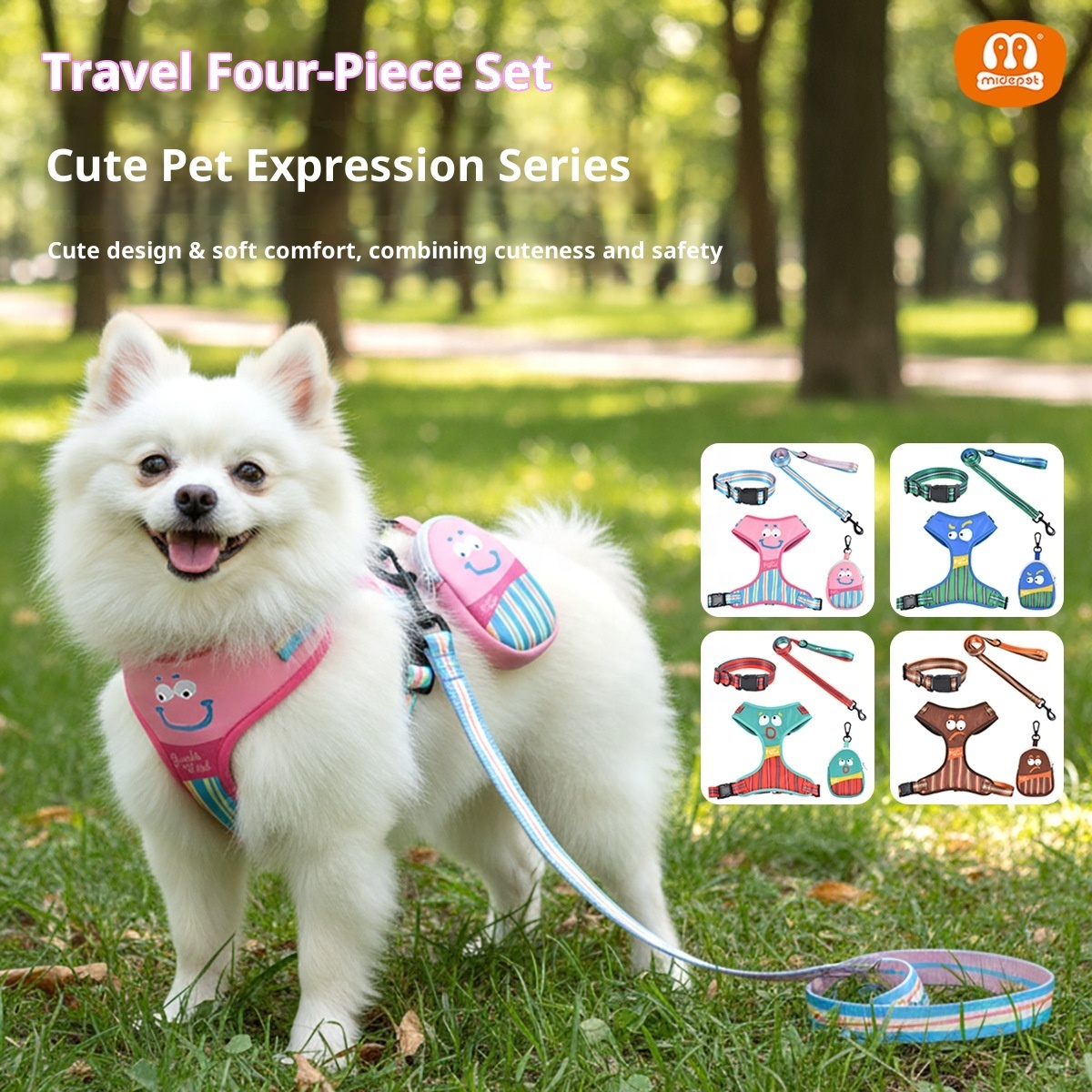Should You Take Your Dog is Collar Off at Night
Should You Take Your Dog’s Collar Off at Night?
Introduction
Dog collars are a common accessory in every pet owner's life; they not only provide identification, but also help ensure the safety of the pet. However, pet owners often have doubts about whether they should remove their dog's collar at night. This article will explore the pros and cons of whether or not you should remove your dog's collar at night and provide some professional advice to help you make an informed decision.
Benefits of dog collars
A collar is more than just a fashion accessory for your dog, it serves several important functions:
Identification: Tags on the collar can help to quickly locate the owner if the dog gets lost.
Safety and security: Collars with tags allow others to quickly identify the dog's owner, increasing the likelihood of recovery.
Training assistance: Many dog training devices and leashes rely on collars to help with training and daily management.
Potential Problems with Wearing a Collar at Night
While there are many advantages to dog collars, there are some potential problems associated with wearing them at night:
Skin problems: wearing a collar for extended periods of time can lead to skin irritation or allergic reactions, especially if the collar material is not breathable or soft.
Entanglement Risk: The collar may become entangled in furniture or other objects while sleeping, posing a choking hazard.
Comfort: Some dogs may find wearing a collar uncomfortable, which can affect the quality of sleep and overall comfort.

How to Determine if the Collar Should Be Removed
In order to determine if you should remove your dog's collar at night, there are several things you can consider:
Observe the skin condition: check your dog's collar skin regularly for signs of redness, inflammation, or other discomfort. If you notice problems, consider removing the collar and replacing it with a more comfortable material.
Evaluate Comfort: Observe if your dog shows restlessness while sleeping, such as scratching or attempting to remove the collar. This may be a sign that the collar does not fit properly or is uncomfortable.
Consider collar material: Choosing a soft, breathable collar material will help reduce skin problems and increase wearing comfort.
Do's and Don'ts of Removing the Collar
If you decide to remove your dog's collar at night, please note the following:
Make sure it's safe: make sure your dog's ID tag is readily available when removing the collar. For example, you might consider using a specialized pendant or other means of keeping identification information visible.
Provide alternatives: such as using other identification methods, such as a pet microchip, to ensure that the dog can still be identified without a collar.

Expert advice
According to veterinarians and pet care experts:
Veterinarian opinion: Many veterinarians recommend that dogs should consider removing their collars at night if they have skin problems or are uncomfortable with them. Veterinarians can provide individualized advice to ensure your pet's comfort and health.
Pet care expert opinion: Pet care experts note that soft and breathable collars are more suitable for nighttime wear and recommend checking your dog's neck skin condition regularly.
Conclusion
Overall, the decision to remove your dog's collar at night needs to be made on a case-by-case basis. While collars provide important identification and safety features, it's also important to consider possible skin issues and comfort. By observing your dog's reactions and checking in regularly, you can help make the best decision.
Frequently asked questions (FAQ)
Is it a health concern for my dog to wear a collar at night?
If your dog has skin irritations or discomfort, wearing a collar at night may exacerbate these issues. Choosing the right material and regular checkups can reduce the risk.
How do i choose the right collar for nighttime wear?
Choosing a soft, breathable collar material, such as nylon or cotton, can improve wearing comfort.
What can i do if my dog has skin problems?
Remove the collar promptly and consult your veterinarian for appropriate skin care products or alternative collars.


